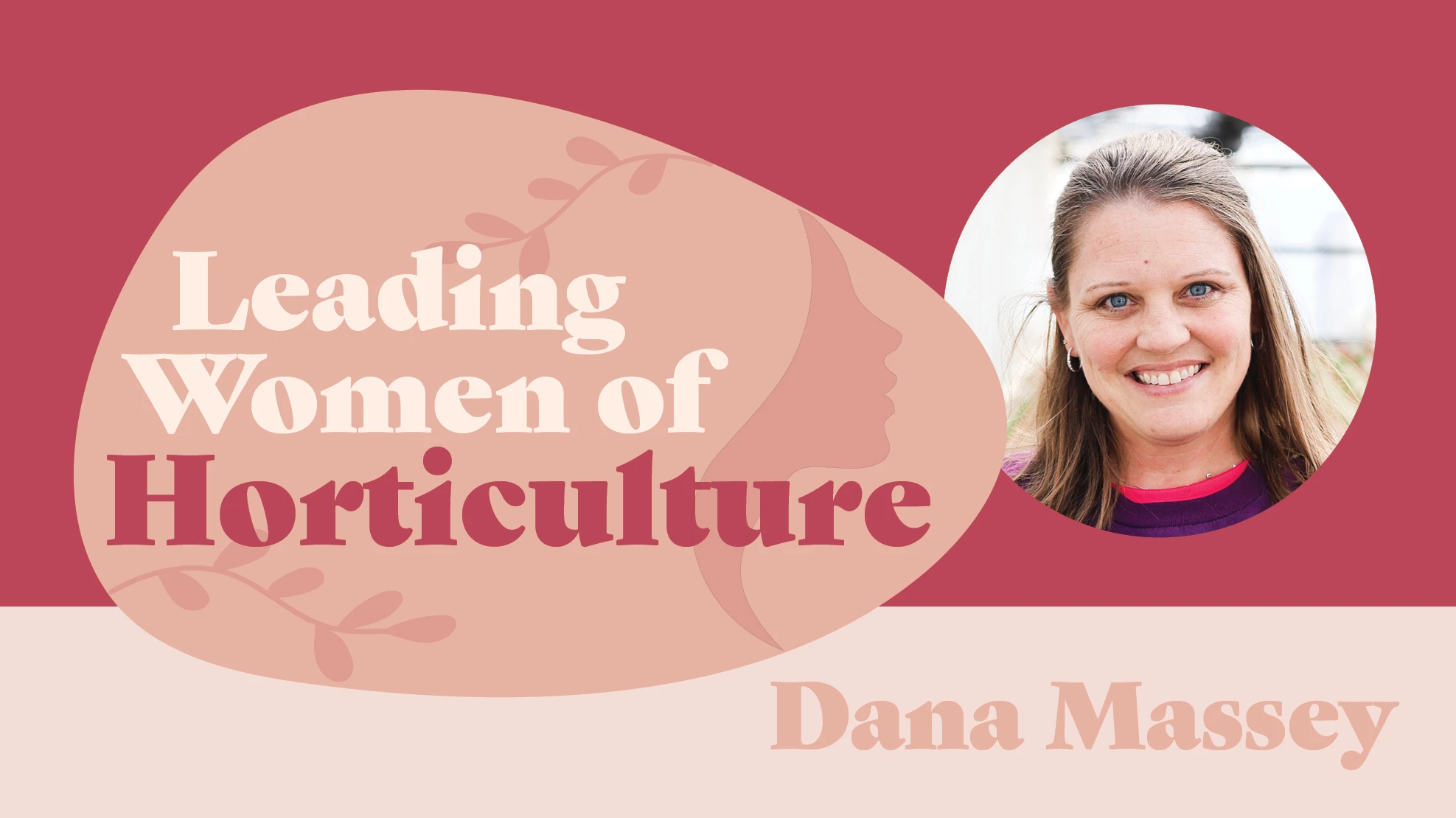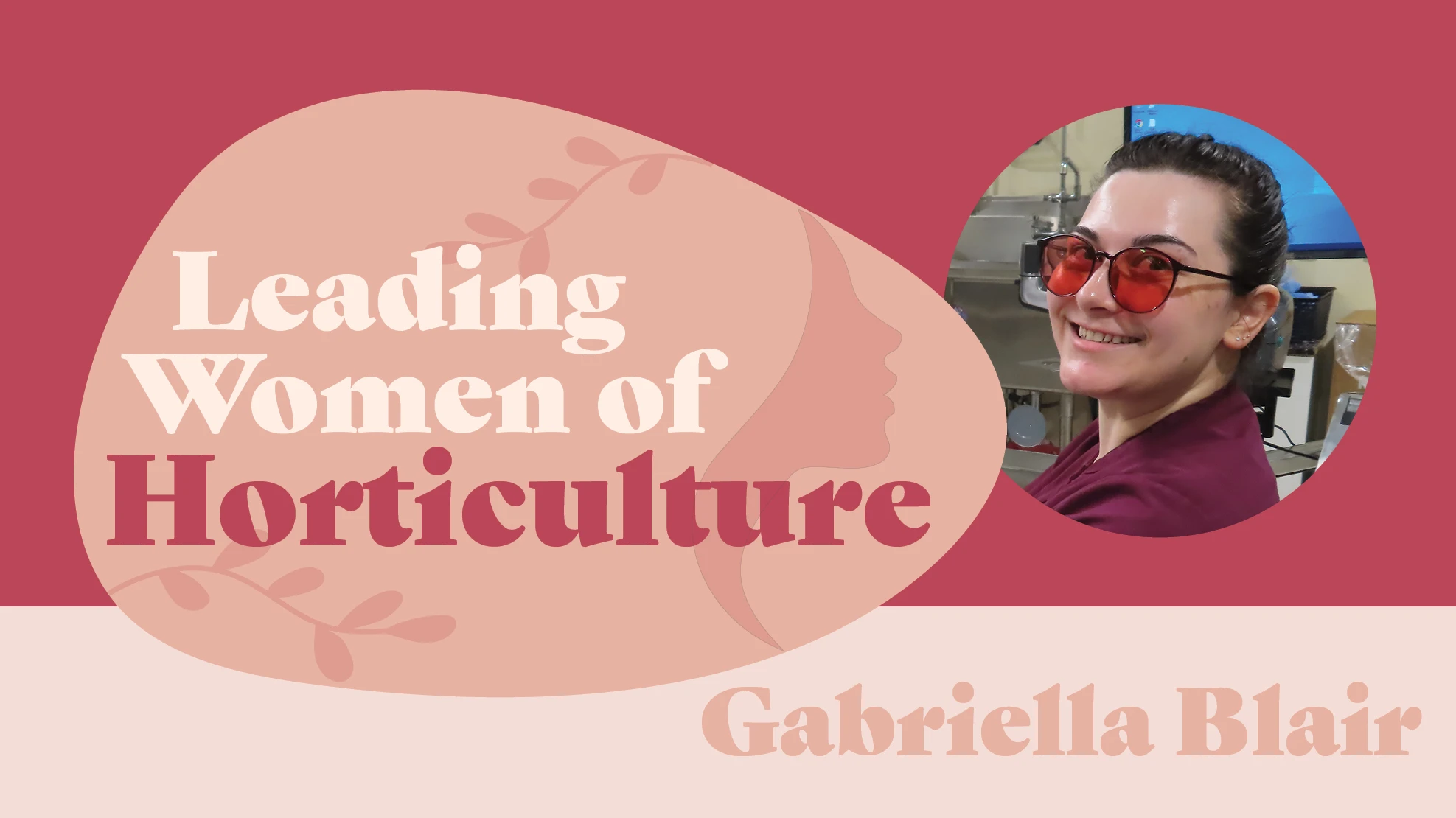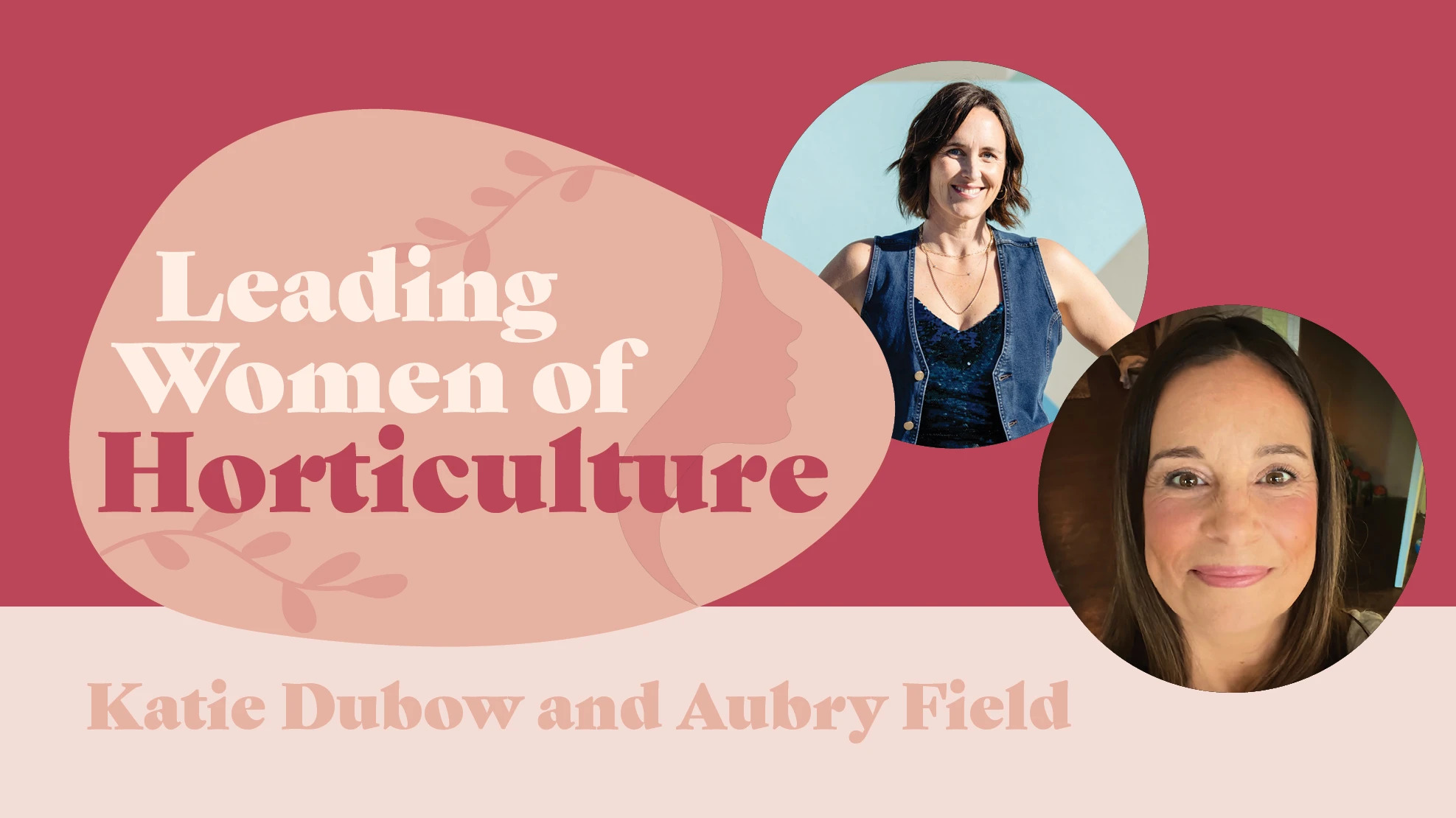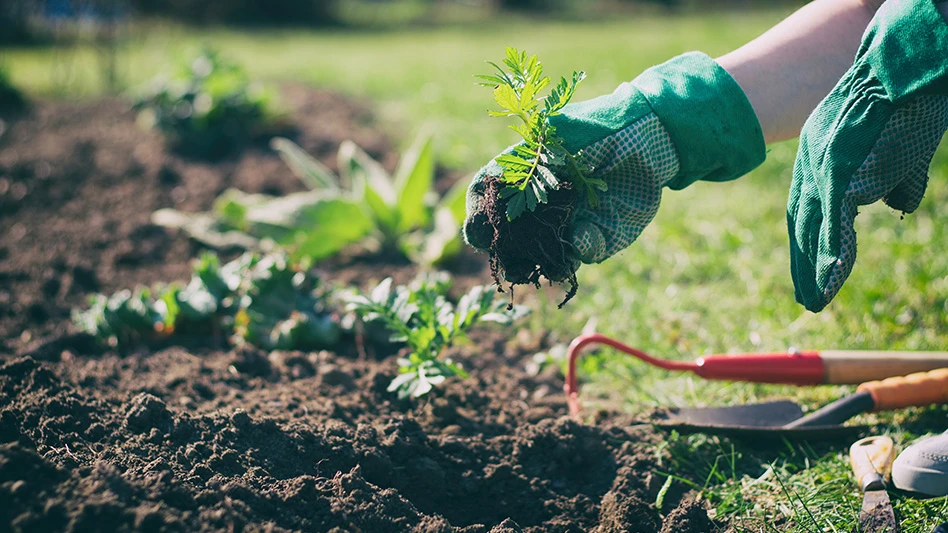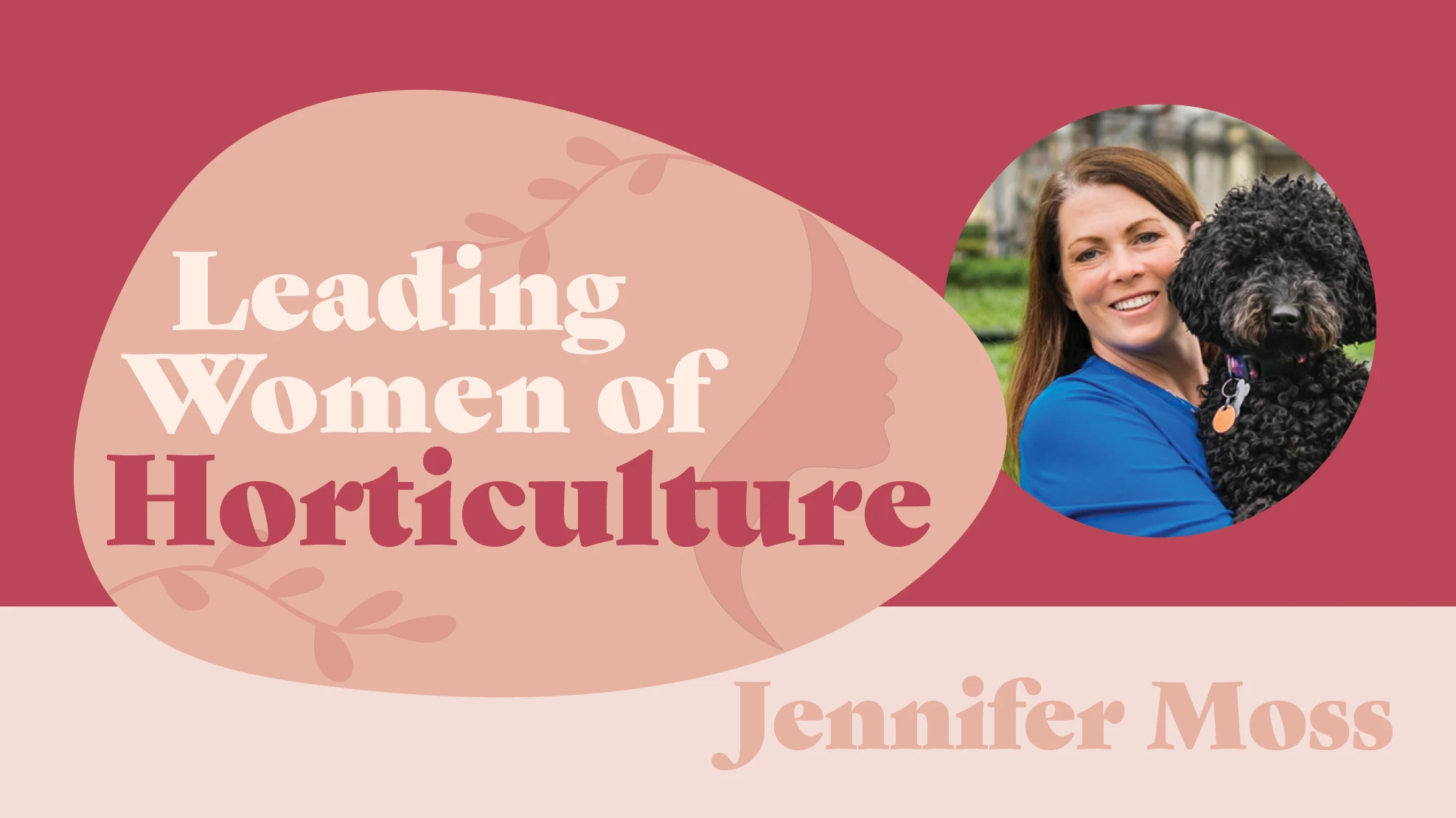
Katie McDaniel
Pollinator Week is an annual celebration in support of pollinator health that was initiated and is managed by Pollinator Partnership.
This year's Pollinator Week is focusing on the connections between climate and pollinators. Pollinators are dying because their food and homes are disappearing, diseases have increased and rising temperatures and natural disasters are affecting their ability to survive — all of which are related to climate change. But the conservation of pollinators and their habitats can help combat climate change by supporting healthy ecosystems, air, soil, water and plants.
The first webinar, Integrated Pest & Pollinator Management for Ornamental Plants, is from 1 to 2 p.m. June 19 and will focus on pollinator-friendly integrated pest management (IPM) strategies.
IPM is a well-established management framework to reduce pests with minimal negative effects on non-target organisms and the environment. In recent years, mounting evidence indicates that several insect pollinators, including bees and butterflies, are declining due primarily to habitat loss and pesticide use. This has triggered a need for pest and plant management strategies that also prioritize protecting pollinators, or integrated pest and pollinator management (IPPM).

© Katie McDaniel | gardencentermag.com
Dr. Adam Dale, associate professor and state extension specialist of turfgrass and ornamental entomology at the University of Florida, and Dr. Jaret Daniels, curator at the Florida Museum of Natural History’s McGuire Center for Lepidoptera and Biodiversity and professor in the Department of Entomology at the University of Florida, will discuss the importance of protecting pollinators, effects of insect pests on pollinators and how pest management strategies can be tailored to reduce damaging pests while still protecting pollinators.
Dale’s research investigates how insects, ornamental plants and the way we manage them interact in urban and residential landscapes, with the goal of developing more sustainable plant and insect management practices. Daniels specializes in the ecology and conservation of at-risk butterflies and other native insect pollinators.
Click here to register for the first webinar.
The second webinar, Building a Better Monarch Butterfly Garden, will be at 1 p.m. June 20 with Dr. Dan Potter, retired professor of entomology at the University of Kentucky.
Migratory monarchs were listed as an endangered species by the International Union for Conservation of Nature (IUCN) in July 2022.
The webinar will cover why monarch butterflies are in peril, why their conservation matters and how partnership between the horticulture industry and gardening public can help to restore the native butterfly to sustainable status.
It will also cover the natural history of the monarch, including its long-distance migrations and special relationship with milkweed, and the best milkweed species for attracting and sustaining monarchs and native bees in gardens.
Recent research showing that garden design and placement matters, and that cultivars of native milkweeds (“nativars”) have conservation value for gardens, will be discussed, as well as how to prevent a garden from becoming an “ecological trap” for monarchs due to predation by invasive wasps or planting the wrong type of milkweed.
Consumer demand for milkweed seedlings and nectar plants is burgeoning. Information from the webinar will help garden center personnel, master gardeners and others to better advise customers and other stakeholders about butterfly gardening.
For 43 years, Potter’s research has informed strategies for sustainable management of pests and beneficial insects in urban landscapes. A University of Kentucky Distinguished Research Professor and elected Fellow of the Entomological Society of America, he has received national leadership awards from the Professional Land Care Network, American Nursery and Landscape Association, U.S. Golf Association and other scientific and industry organizations.
Click here to read more about the beloved monarch.

The third webinar, Bees, Pesticides and Politics: Challenges and Opportunities for Sustainable Urban Landscapes, also hosted by Potter, will be at 1 p.m. June 21.
The webinar will discuss why bees and other pollinators are in peril, the role of insecticides and other factors in pollinator decline and how land care professionals and gardeners can safeguard pollinators when managing pests of lawns and landscapes. Pollinator conservation initiatives that can benefit growers, garden centers and land care professionals will be discussed, as well as best woody plants supporting bees and other pollinators.
The fourth webinar, Pollinators, Plant Trials, and People: Discovering and Sharing the Best Pollinator Plants, will be at 1 p.m. June 22 with Steve Foltz, the director of horticulture at the Cincinnati Zoo & Botanical Garden.
For more than two decades, the Cincinnati Zoo & Botanical Garden has trialed plants with the goal of determining what plants work best in the Midwest region. Over the last three years, they've paid particular attention to which plants bring in and support the most pollinators.
Foltz has worked at the Cincinnati Zoo & Botanical Garden since 1990. A graduate of the Horticulture School at the University of Kentucky, Foltz began his career at Delhi Garden Centers. Previously, he served on the Ohio Nursery & Landscapes Plant Select Committee and on the board of the Ohio Invasive Plant Council. An adjunct professor at the University of Cincinnati and at the Cincinnati State Technical and Community College, he has received the Community Award from the Boone County Arboretum, the Garden Club of America’s Horticulture Commendation and the ONLA’s Distinguished Contribution Award.
To register for the second, third and fourth webinars, click the link in the name of each webinar above.
Latest from Garden Center
- Brand Spotlight: Growing Sweet Success in Small Spaces with Butterfly Candy™ Buddleia
- Super Charged Moon Juice from Moon Valley Nurseries now available nationally
- 2025 Proven Winners Horticulture Scholarship applications now open
- Leading Women of Horticulture: Anna Ball, Ball Hort, and Terri McEnaney, Bailey Nurseries
- Dümmen Orange North America celebrating 25th anniversary in 2025
- Illinois Landscape Contractors Association changes name to Landscape Illinois
- Leading Women of Horticulture: Arden Pontasch, North Creek Nurseries
- Spring Meadow Nursery's Freedom Shelley finds joy in plants
